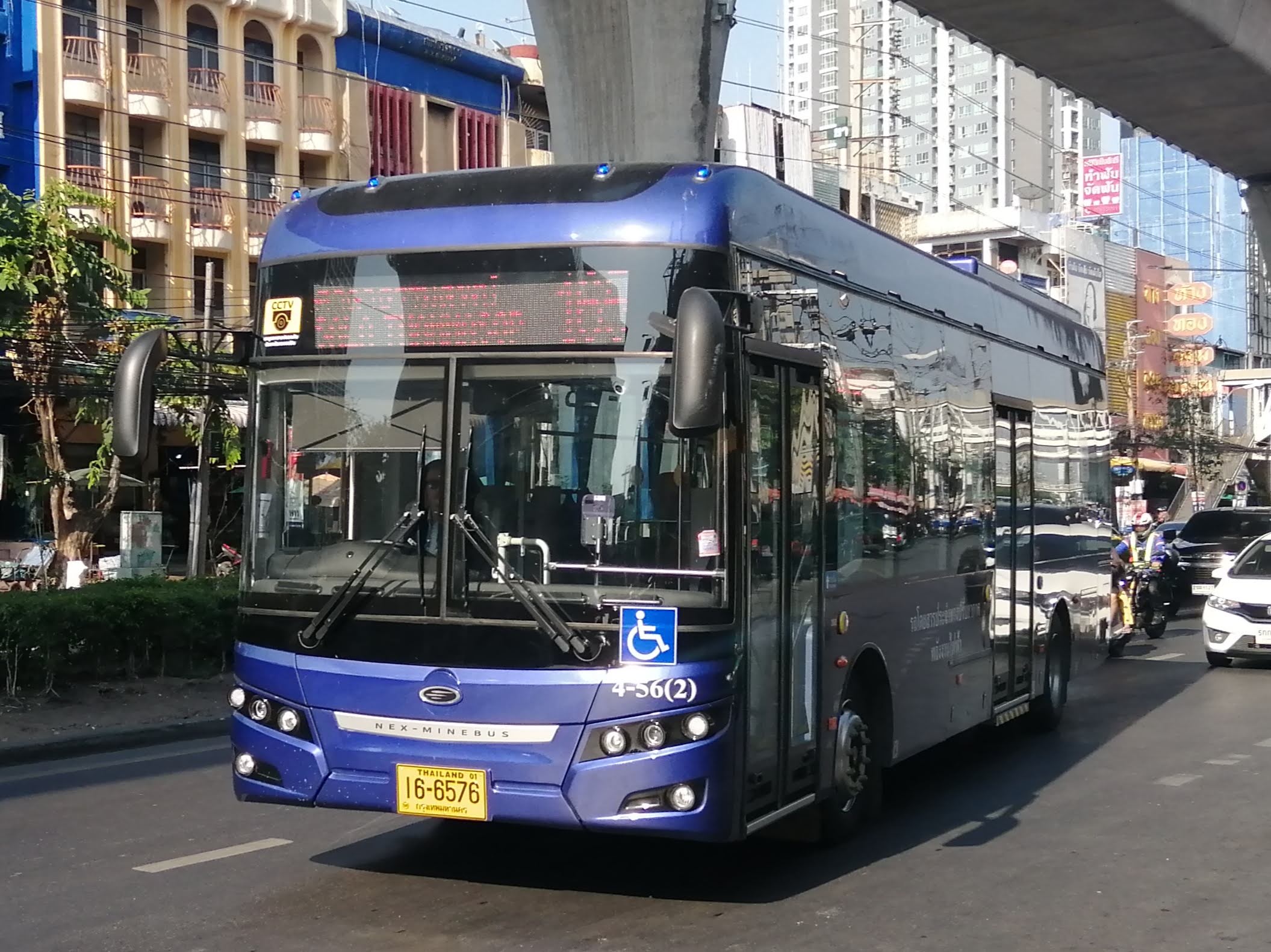As the world grapples with the urgent need to mitigate climate change and reduce air pollution, innovative solutions are emerging to tackle these challenges head-on. One such solution is the Bangkok E-Bus Program, a groundbreaking initiative spearheaded by Energy Absolute Public Company Ltd in collaboration with various partners. This program aims to transform Thailand’s public transportation landscape by introducing electric vehicles (e-buses) to replace traditional internal combustion engine (ICE) buses, thereby reducing greenhouse gas emissions and improving air quality in the bustling capital of Bangkok.

Introducing Electric Mobility for a Greener Future
Thailand, like many countries, faces the dual challenge of reducing its carbon footprint and improving air quality in its urban centers. The Bangkok E-Bus Program is a strategic response to these challenges, with the ambitious goal of phasing out conventional diesel and natural gas buses on privately-owned scheduled routes within the Bangkok Metropolitan Region. This forward-thinking initiative is set to replace 100% of the existing ICE bus fleets with electric buses, setting a precedent for sustainable urban transport.
Energy Absolute is taking a leadership role in this program, partnering with privately-owned operators of scheduled bus routes to facilitate the transition to e-buses. The backbone of this initiative is the establishment of a comprehensive charging station network, ensuring that e-buses can be charged efficiently and conveniently, supporting their widespread adoption.
Overcoming Challenges and Pioneering Change
The transition from ICE buses to e-buses presents both technological and logistical challenges. Thailand’s lack of existing infrastructure and manufacturing capacity for e-buses and batteries has been a hurdle in adopting this cleaner mode of transportation. However, the Bangkok E-Bus Program is taking these challenges head-on, positioning Thailand as a pioneer in electric mobility within the Southeast Asian region.
The program aligns with international agreements such as the Paris Agreement’s Article 6 and Thailand’s Nationally Determined Contributions (NDCs). It also benefits from the support of the KliK Foundation, which provides carbon finance to bridge the cost gap between electric and conventional buses, thereby promoting the program’s sustainable and long-term operation.
Multi-Faceted Benefits of Electric Mobility
Beyond the reduction of greenhouse gas emissions and air pollution, the Bangkok E-Bus Program brings forth a multitude of benefits:
- Affordable Public Transport: The program ensures that bus ticket prices remain affordable, making sustainable transportation accessible to a wider population.
- Enhanced Passenger Experience: Electric buses provide a higher quality travel experience, with air-conditioned interiors and minimal exposure to outdoor air pollution.
- Efficient and Reliable Scheduling: Real-time bus schedules accessible through a passenger app lead to reduced travel times and improved overall transportation efficiency.
- Denser Transport Network: The program contributes to improved mobility with a more comprehensive and connected bus transport system.
- Reduced Noise and Air Pollution: Electric buses contribute to quieter and cleaner streets, enhancing the urban environment for both residents and visitors.
Setting the Stage for Climate Action
The Bangkok E-Bus Program represents more than just a shift in transportation technology. It symbolizes Thailand’s commitment to climate protection and the transition to a decarbonized economy. By deploying a substantial number of electric buses on scheduled routes, the program serves as a beacon of sustainable progress, inspiring climate action across various technological sectors.
Transport Minister Saksayam Chidchob’s announcement of the government’s intention to increase the number of electric buses to 8,000 within three years underscores Thailand’s dedication to this transformation. This initiative, aligned with global climate goals, not only reduces emissions but also demonstrates the potential for collaboration between public and private entities to drive meaningful change.
The Bangkok E-Bus Program stands as a shining example of how innovative approaches to transportation can yield substantial environmental and societal benefits. By replacing conventional buses with electric ones, Thailand is taking a bold step towards a cleaner, greener future. As the program gains momentum and garners success, it is likely to inspire similar initiatives in other urban centers around the world, showcasing the potential of electric mobility to reshape the future of transportation.



